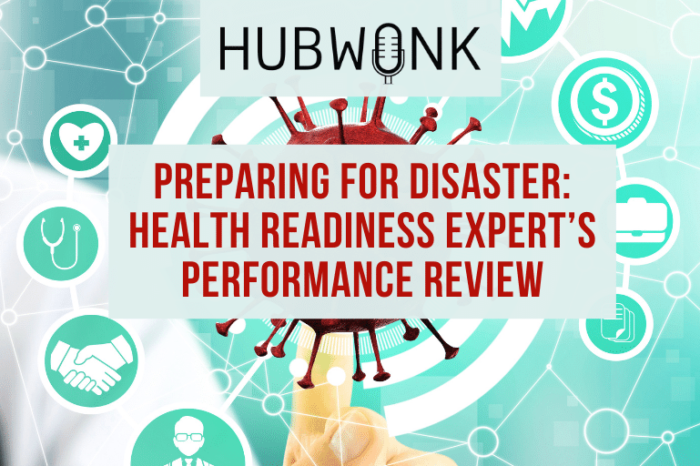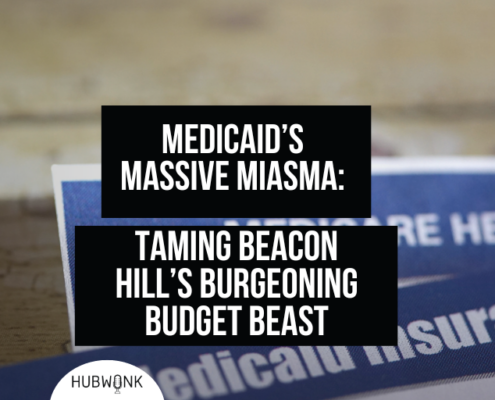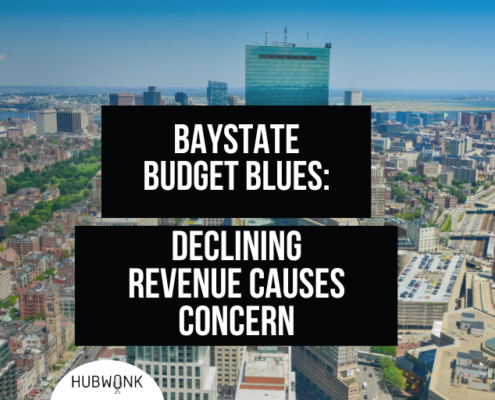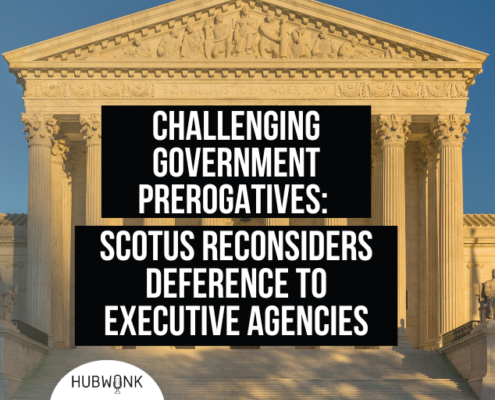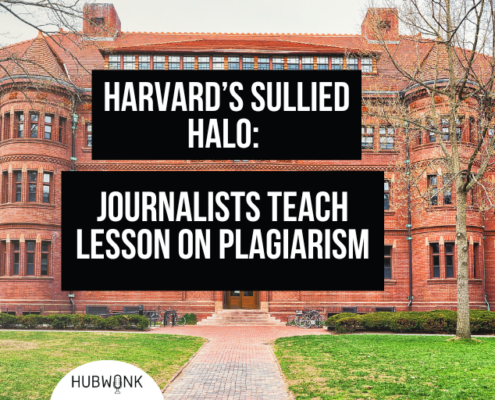Preparing For Disaster: Health Readiness Expert’s Performance Review
Hubwonk Host Joe Selvaggi talks with Emergency Preparedness expert Dr. Paul Biddinger about how experts plan for disasters, and what went right and wrong in this pandemic.
Guest:
 Dr. Paul Biddinger holds the MGH Endowed Chair in Emergency Preparedness and is the Director of the Center for Disaster Medicine, and Vice Chairman for Emergency Preparedness in the Department of Emergency Medicine at Mass General. He is also the Director for Emergency Preparedness at Mass General Brigham. Dr. Biddinger additionally serves as the Director of the Emergency Preparedness Research, Evaluation and Practice (EPREP) Program at the Harvard T. H. Chan School of Public Health, and holds appointments at Harvard Medical School and at the Chan School. Dr. Biddinger serves as a special advisor to the Massachusetts Medical Society’s Committee on Preparedness and serves as a medical officer for the MA-1 Disaster Medical Assistance Team (DMAT) in the National Disaster Medical System (NDMS) in the US Department of Health and Human Services (HHS).
Dr. Paul Biddinger holds the MGH Endowed Chair in Emergency Preparedness and is the Director of the Center for Disaster Medicine, and Vice Chairman for Emergency Preparedness in the Department of Emergency Medicine at Mass General. He is also the Director for Emergency Preparedness at Mass General Brigham. Dr. Biddinger additionally serves as the Director of the Emergency Preparedness Research, Evaluation and Practice (EPREP) Program at the Harvard T. H. Chan School of Public Health, and holds appointments at Harvard Medical School and at the Chan School. Dr. Biddinger serves as a special advisor to the Massachusetts Medical Society’s Committee on Preparedness and serves as a medical officer for the MA-1 Disaster Medical Assistance Team (DMAT) in the National Disaster Medical System (NDMS) in the US Department of Health and Human Services (HHS).
Dr. Biddinger is an active researcher in the field of emergency preparedness and has lectured nationally and internationally on topics of preparedness and disaster medicine. He has authored numerous articles and book chapters on multiple topics related to emergency medical services and disaster medicine. He has also responded to numerous prior incidents, including Hurricane Katrina, the Boston Marathon bombings, Superstorm Sandy, the 2015 Nepal earthquakes and others. He completed his undergraduate study in international relations at Princeton University, attended medical school at Vanderbilt University, and completed residency training in emergency medicine at Harvard.
Get new episodes of Hubwonk in your inbox!
Recent Episodes of Hubwonk

